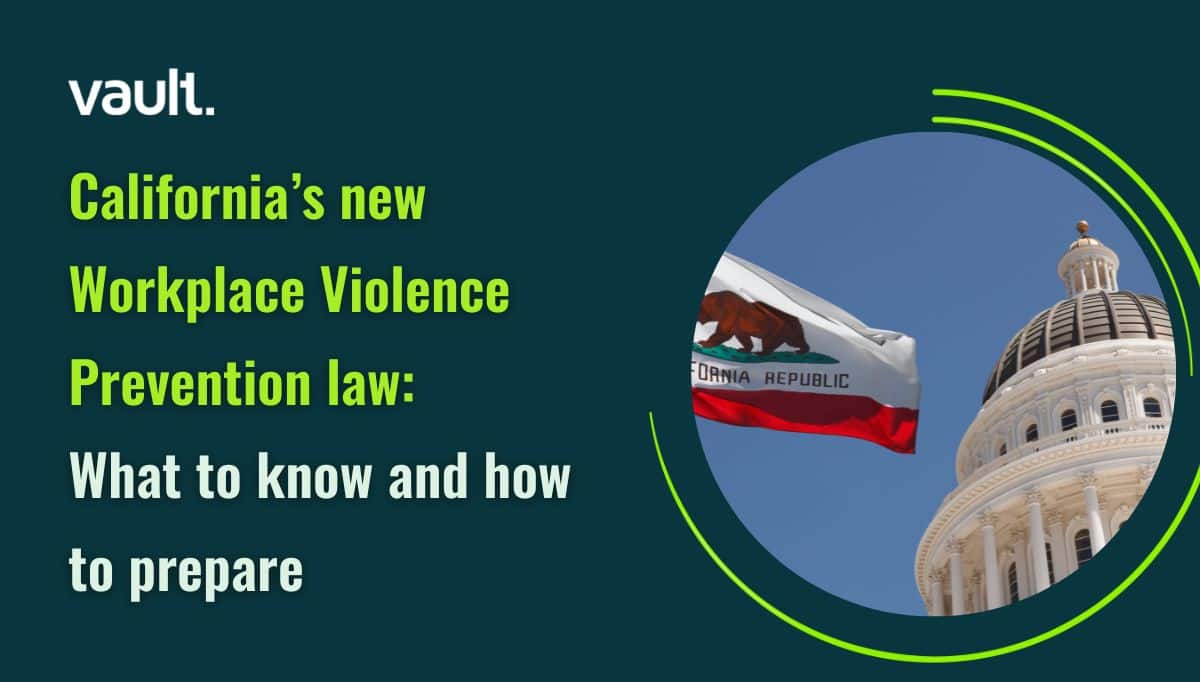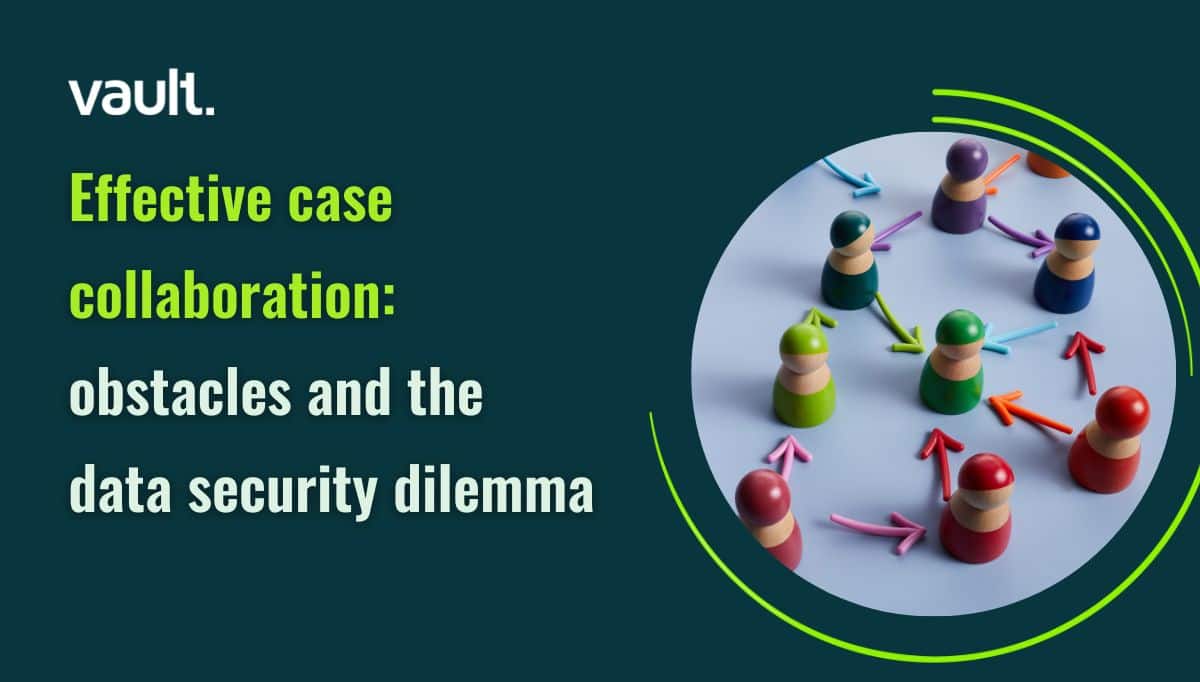Many well-meaning financial institutions strive to maintain a positive reputation for ethics, fair dealings and tight controls. But many rely on an antiquated system for employees to report misconduct in the workplace and fraud, so when bad things happen, the internal whistleblowing systems are either not known about, not used by employees, or are not effective in alerting the relevant stakeholders.
If you go back to 2008, at the height of the financial crash, lots of headlines focused on corporate financial misconduct – corruption, bribery, and fraud. That was the misconduct of the time as focused in the public eye by the media. But today, with the reignition of the Black Lives Matter movement, there’s an increasing corporate focus on tackling equality, discrimination, and racism in the workplace.
Finance is one of the few sectors that has regulatory requirements that enable, protect, and even reward, whistleblowers. But decades ago, when hotlines were first deployed as the defacto solution, largely in response to legislation such as 2002’s Sarbanes-Oxley (SOX), they were deployed as a corporate compliance checkbox. Upper management had a solution that let them cover their backs but there was no requirement to encourage utilization.
Unfortunately, employees find hotlines less than user-friendly. To start with, people must know of the existence of a hotline and how to access it. Hotlines are often outsourced to call center staff who are not employed by the company and therefore not invested there (it’s not uncommon for call center staff to answer the phone on behalf of company XYZ when the employee calling in works for company ABC because they have multiple accounts). There are also significant blockers in following up on anonymous reports, disincentivizing reporters from the get-go.
Coming forward means being exposed and vulnerable to retaliatory harassment, demotion or even termination, despite the fact that retaliation for reporting fraud and corruption in the workplace is illegal. People, in general, don’t do ‘the right thing’ without encouragement and if the average loss of business expenditure due to fraud is 6.8%, it’s surely worth encouraging them.
A culture of silence
The employee experience of how their internal whistleblowing case is handled is also very dependent on corporate culture. As a passive solution, hotlines don’t see much utilization – according to the Global Business Ethics Survey 2019, only about 6% of incidents are reported via the hotline. A 2017 study by the European Union found that less than half of all Europeans would not know where to report a case of corruption within their workplace, suggesting that internal reporting systems are not promoted, or are not done so effectively.
In the case of Lloyd’s of London, for example, the insurance institution was called out last year because someone had forgotten to pay the phone bill for the hotline, and it had been out of action for 16 months. This is either an indication of how little it was used or how little it was thought about, or both.
Vault Platform addresses all of these issues as a third-party managed SaaS tool that enables employees to anonymously or not report incidents at their convenience from their mobile device. It changes the method of interaction to the most popular of the time – a mobile app, and with 24-hour access and the ability to attach evidence, such as screenshots and photographs, Vault Platform puts the power in the hands of the employee.
Coming forward in confidence
With security and privacy at the fore Vault Platform makes it more likely for HR to learn about problems within the organization by building trust and confidence with employees and providing a case management system that coherently structures the data for the ethics and compliance teams.
Other important stakeholders reap benefits as well. Board directors can access information about diversity within the organization and signs of potential ethical dysfunction. Coupled with strong anti-corruption programs and ethical guidelines, effective internal reporting can reduce the incidents of bad behavior and the associated legal risks. Catching misconduct before regulators or the press helps financial companies avoid bad publicity and costly fines as well as positively impacting productivity and staff retention.



